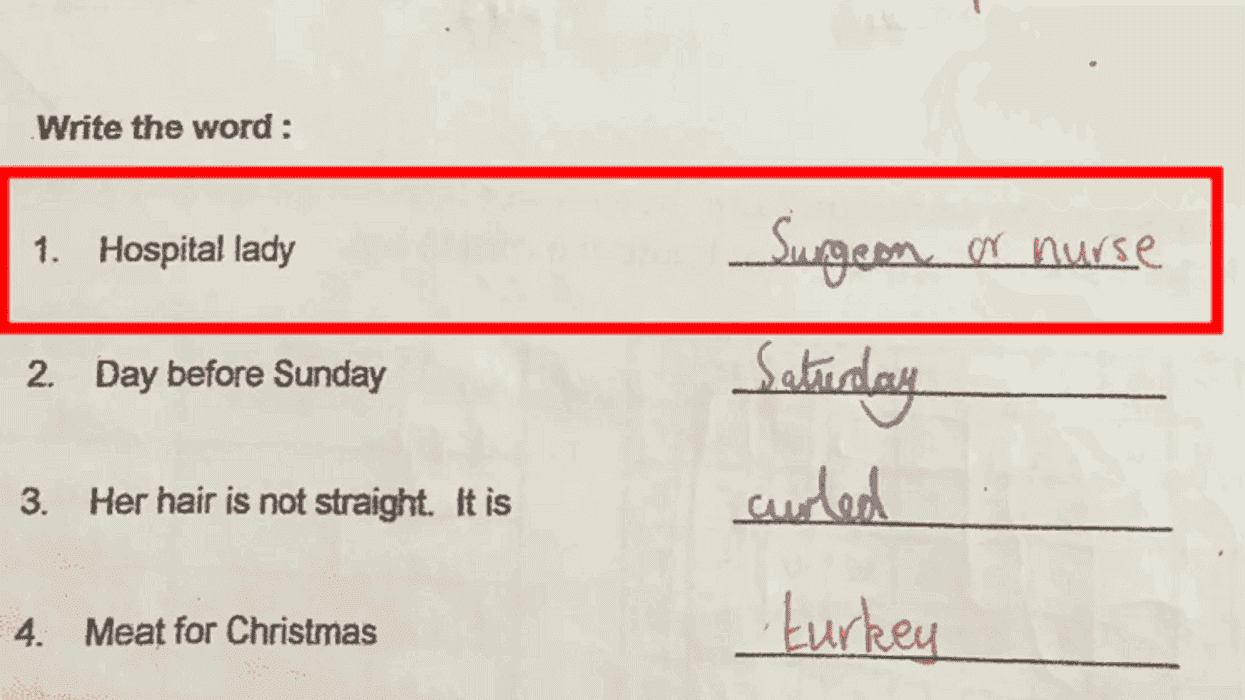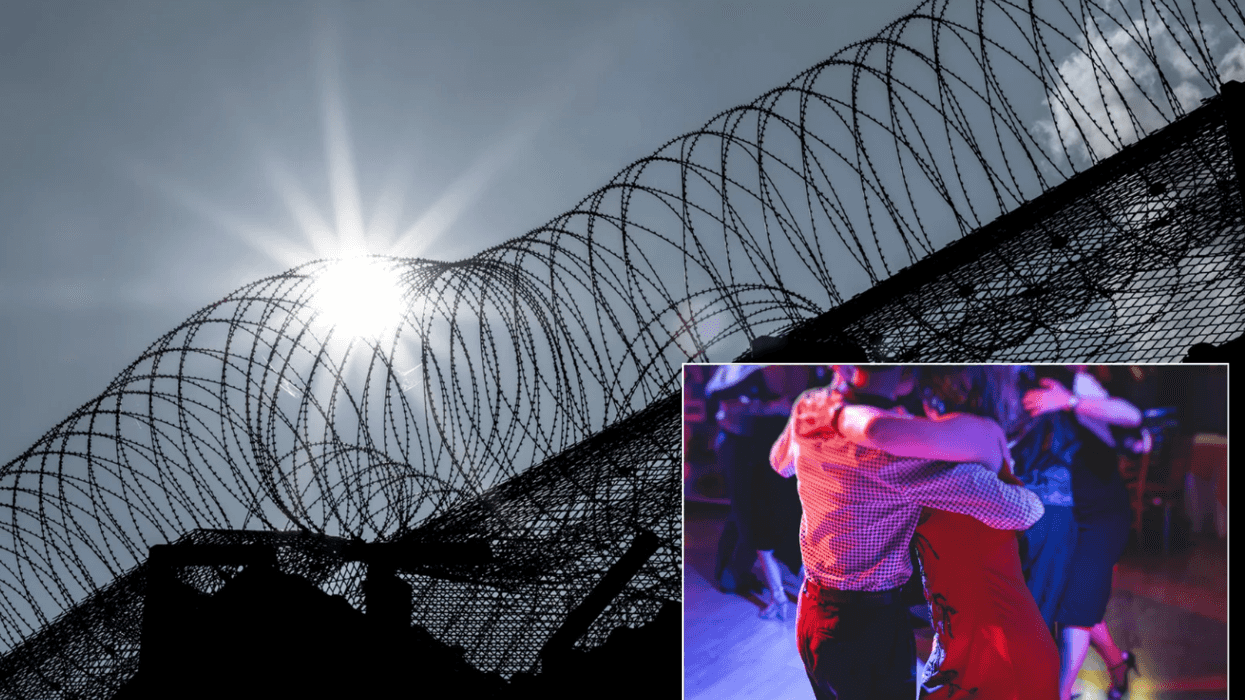As President Donald Trump and some of his allies continued to level mendacious attacks on the legitimacy of the 2020 election results on Tuesday, the New York Times—whose reporters phoned election officials in every state and found no evidence of widespread irregularities—published a report refuting the president's baseless claims.
The Times spoke with both Republican and Democratic officials, who universally rejected accusations of voter fraud and other improprieties.
"There's a great human capacity for inventing things that aren't true about elections," Ohio Secretary of State Frank LaRose, a Republican, said. "The conspiracy theories and rumors and all those things run rampant. For some reason, elections breed that type of mythology."
A spokesperson for Kansas Secretary of State Scott Schwab, also a Republican, confirmed that the Sunflower State "did not experience any widespread, systematic issues with voter fraud, intimidation, irregularities, or voting problems," adding that "we are very pleased with how the election has gone up to this point."
Democrat Steve Simon, Minnesota's secretary of state, succinctly told the Times: "I don't know of a single case where someone argued that a vote counted when it shouldn't have or didn't count when it should. There was no fraud."
Amid the desperate legal challenges, rampant conspiracy theories, and incessant lies from Trump and his die-hard supporters, each dubious claim crumbles upon sober examination:
- Dead people did not vote in Michigan, Pennsylvania—or anywhere else. Such incidents are exceedingly rare.
- There were no statewide problems with voting machines in Michigan, despite an isolated case of operator error that affected ballots in one county.
- President-elect Joe Biden was not "given" 130,000 votes he did not earn in Michigan.
- That ballot-stuffing video was not recorded in Michigan—it was shot in Russia.
- Wisconsin did not count more ballots than registered voters.
- Ballots marked with Sharpies were counted the same as every other vote in Arizona.
Meanwhile, the Washington Post on Tuesday reported that a Pennsylvania postal worker hailed by Trump supporters as a patriotic whistleblower admitted that he fabricated allegations of widespread voter fraud. Trump, however, refused to believe it.
Despite the debunking of every one of the preposterous claims made by Trump or his supporters, fully 70% of Republican voters surveyed in a post-election Politico/Morning Consult poll said they did not believe the 2020 contest was free and fair.
Instead of seeking to reassure the public that the election was legitimate, Trump has exacerbated and attempted to benefit from the widespread doubt, while encouraging government loyalists to delay or deny the constitutional transfer of power to Biden.
A growing number of Republican critics have called Trump's words and actions "reckless" and "dangerous" for democracy. So do some law enforcement authorities, who worry the president's election fraud conspiracy theories may spark deadly violence.
Supporters of the president who acknowledge the outcome of the election have been gentler, but unambiguous. As the Times reported, Montana Secretary of State Corey Stapleton took to Twitter over the weekend, writing: "I have supported you, Mr. President... @realDonaldTrump accomplished some incredible things during your time in office! But that time is now over! Tip your hat, bite your lip, and congratulate @JoeBiden."
The long thread of denigration and denial in response to Stapleton's friendly comments, however, shows the doubt over the election results that Trump has so effectively sown.
This article first appeared on Common Dreams. You can read it here.






















 Obsessive-compulsive disorder, OCDPhoto credit
Obsessive-compulsive disorder, OCDPhoto credit 